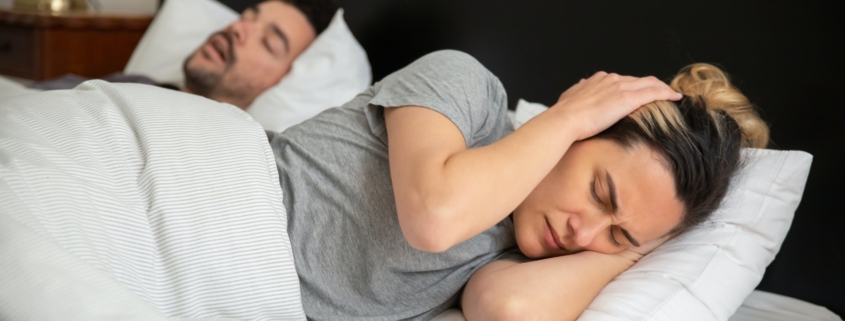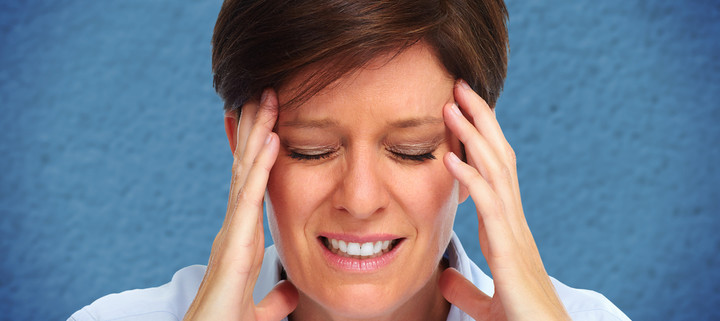What to Do About Snoring if You’ve Tried Everything?
Anthony Burgess is famous for two things: the book A Clockwork Orange and the quote, “Laugh and the world laughs with you, snore and you sleep alone.” Snoring isn’t just annoying. It can have serious impacts on your health, affecting everything from mood to metabolism. If you’ve tried everything, this Anchorage holistic dentist has the answers.
Looking for an alternative approach to general dentistry? Connect with Mandanas Dental.
What Exactly Causes Snoring?
When you’re sleeping, the tissues on the roof of your mouth, tongue, and throat relax. At times, these soft tissues relax too much that they partially block your airway, especially if you are sleeping on your back. The air flows through the throat, which in turn causes a vibration or also known as the snoring sound. If your airway is blocked off more than usual, the snoring sound will gradually increase and get even louder. This could be a problem for not only you, but either the people you live with whether that’s your family, friends, roommates, or your significant other. Their sleep may also be disrupted by the constant snoring sound.
Why Am I Snoring So Often?
Snoring can take place and occur at any given time and is surprisingly common in most people. But do not be discouraged. According to Sleep Education, about half of people snore at some point in their life. Snoring is more common in men. About 40 percent of adult men and 24 percent of adult women tend to snore more often.
Other Causes for Snoring May Include:
- Pay close attention to the position in which you sleep at night. Do you often find yourself falling asleep on your back? Sleeping on your back is one of the most common positions you’ll find people start their snoring pattern in. Perhaps, try sleeping on your side to promote better airflow.
- Some people are just naturally born with a narrow airway and that is nothing to be ashamed of. Snoring is quite a common thing. Your airway might be obstructed due to a low and thick palate, elongated uvula, or large tonsils.
- Feeling congested? This could also be another possibility as to why you’re snoring. If your nasal passage is congested, tight, and blocked with mucus, it makes it very hard for air to flow through properly, causing people to snore.
How Snoring Affects Your Dental Hygiene
Dry Mouth
You’ve probably heard of snoring causing bad breath. That is correct. Have you ever wakened up with an extremely dry mouth and bad breath out of the ordinary? When you snore, your mouth is open for hours on end overnight. This causes to a change in the smell of your breath in the morning as well as a lack of saliva circulating through your mouth.
Tooth Decay
Since snoring leads to dry mouth, what does dry mouth lead to? Leaving your mouth open all night causes several oral health concerns such as bacteria build-up, tooth decay, and even infections and sores inside the mouth. Saliva plays a crucial factor in preventing dry mouth. Saliva is able to get rid of leftover food, bacteria from the tongue, gums, and cheeks. When saliva is not present, it increases the risk of potential tooth decay from the food not being able to decompose, leaving behind a funky smell.
Holistic Dentistry Can Help!
What sets aside a traditional dentist from a holistic dentist, also referred to as an integrative dentist, is that a traditional dentist will solely focus on the teeth and mouth, whereas a holistic dentist will focus on the whole body when considering different treatment options.
If your snoring is causing issues for you, schedule an appointment today.




 Did you know that 27.4% of Alaskans are sleep deprived?
Did you know that 27.4% of Alaskans are sleep deprived?

